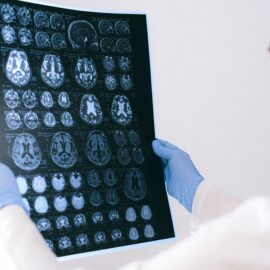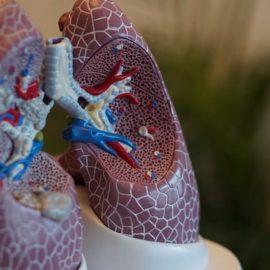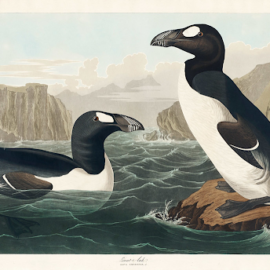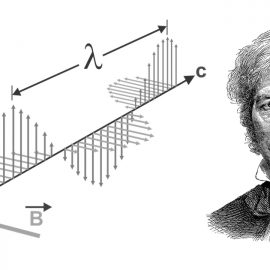
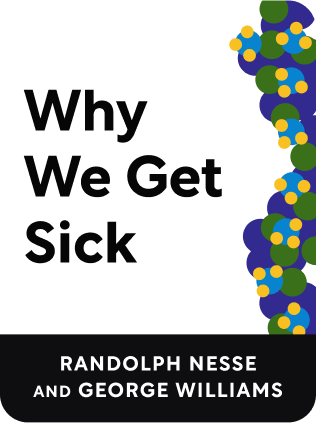
This article is an excerpt from the Shortform book guide to "Why We Get Sick" by Randolph Nesse and George Williams. Shortform has the world's best summaries and analyses of books you should be reading.
Like this article? Sign up for a free trial here .
What causes cancer cells? Why has the rate of cancer increased in the past century? How is mensuration linked to cancer?
What causes cancer cells is that with each division of a cell, mutations in genes are introduced. Cancer can be considered a noncommunicable parasite that appropriates resources for its own gain at the expense of the host.
Keep reading for more information about why people get cancer.
What Causes Cancer?
Cancer arises when normal mechanisms for cell growth go awry.
The human body has 10 trillion cells, many of them replenishing themselves. What causes cancer cells is that with each division of a cell, mutations in genes are introduced. Given all this activity, it’s really a wonder that we’re typically protected against cancers for decades at all.
Cells have a number of mechanisms to prevent cancers:
- They repair DNA mutations.
- Tumor suppressor genes inhibit cell growth when they detect problems with the cell.
- For cell replication to proceed, multiple checkpoints need to be active. If any one is defective, perhaps because of mutation, replication stops.
- Mechanisms internal to the cell detect a cancerous state and induce apoptosis, or cell death. (The p53 pathway is an example.)
- Immune cells recognize the target cell is cancerous from the outside, and they trigger apoptosis or inhibit growth in the cancerous cell.
The relationship between cancer and host operates in some ways like that between virus and host. Cancer can be considered a parasite that appropriates resources for its own gain at the expense of the host. But there’s one big difference between virus and cancer—the cancer is noncommunicable and thus dies with the host.
Modern Times and Cancer
Why have cancer rates increased over the past centuries?
- As we previously discussed, our bodies didn’t evolve to keep us alive for 80 years, so the normal protective measures may senesce with age. As our average lifespan increased, we also gave more time for cancer to develop.
- We’re also exposed to certain carcinogens that didn’t previously exist (tobacco, meat cooking, plastics, and ionizing radiation).
Menstruation and Cancer
There is one clear linkage between the modern environment and cancer in women: more menstrual cycles means more cancer in female organs (breast, ovaries, and uterus).
Compared to modern women, Stone Age women experienced fewer menstrual cycles for a few reasons:
- They had later menarche or first periods (say, at 15 years old) and earlier menopause (around 47 years old). This was in response to scarce resources and plentiful infections.
- They had more children, and breastfeeding meant many fewer menstrual cycles.
Today’s environment promotes an early menarche and late menopause. Furthermore, women have fewer children, and they breastfeed less. All of this cause modern women to have 2-3x the number of menstrual cycles of Stone Age women.
The underlying mechanism could be that the hormonal responses promoting reproduction cause increased vulnerability to some cancer.
Optimistically, this also provides an angle of attack for finding a way to simulate Stone Age menstruation patterns to reduce cancer risk. For example, blocking menstruation through long-term hormonal birth control might decrease the rate of cancer.

———End of Preview———
Like what you just read? Read the rest of the world's best book summary and analysis of Randolph Nesse and George Williams's "Why We Get Sick" at Shortform .
Here's what you'll find in our full Why We Get Sick summary :
- Why evolution hasn't rid humans of all diseases
- How reproductive fitness is more important than overall survival
- How you evolved to dislike the sound of a baby crying

